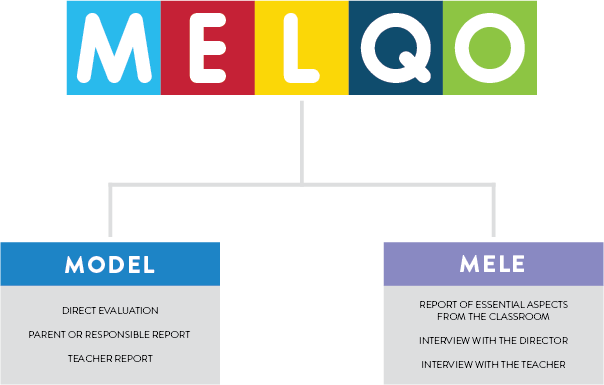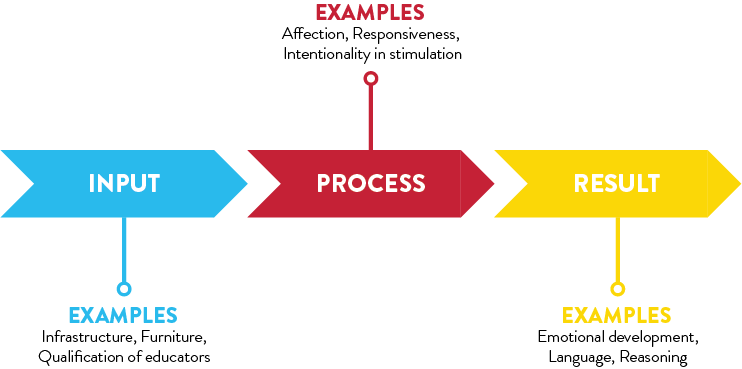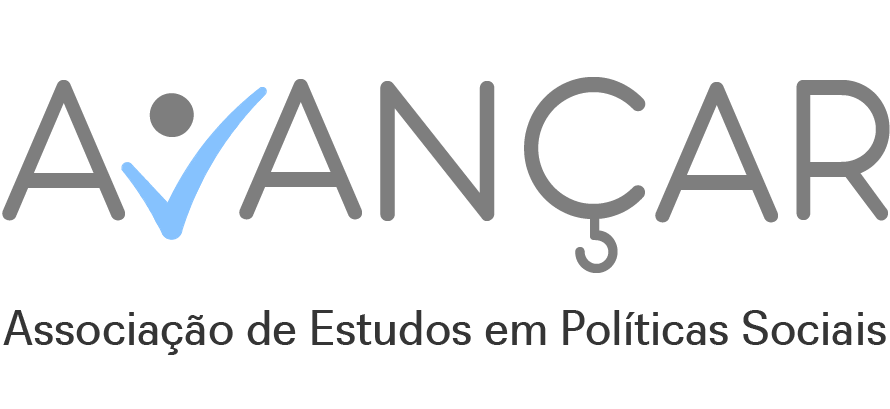melqo
During early childhood, children go through a sensitive time of individual fomation, that is essential to develop cognitive, language, socio-emotional and physical skills. Several studies show the importance of child education in offsetting initial inequalities between individuals. In this sense, interventions in this age group may be more efficient than in older ages to correct possible learning delays and reduce inequalities. To identify this need of intervention, the demand to investigate the learning and the children development in preschool age appears, and to guarantee your rights, quality measures of the learning environment where the children are inserted becomes central.
Health and nutrition information are relevant but not enough. It is based on this context that international organizations, lead by UNESCO, created MELQO (Measuring Early Learning Quality Outcomes), looking to measure these two dimensions through the modules Measure of Early Learning Environments (MELE) and Measure of Development and Early Learning (MODEL), created by international consensus on quality parameters, adapted to the context of countries and education systems.


Together, the modules that compose MELQO produce relevant information to measure the quality of child education, through enviroment and experiences observation. The instrument, therefore, is significant to educational public policies formulation, the Plano Nacional da Educação (PNE) has as goal that all children between 4 and 5 years old are enrolled in preschools and it will only be, in deed, beneficial to society and to the children, whereas universalization of acess to brazilian preschools deals with the provision of quality learning environments. In this way, it is possible to afirmate that to health and participatory citizen formation, a feasible and useful measure of the quality of early childhood education is urgently needed. Also, an adaptation of the tool for 2 and 3 year olds is planned for this year and, by 2020, an adaptation for 0 to 2 year olds.
Rua do Professor, 370, apto 193, Ribeirão Preto
© 2019 Neve Agency
